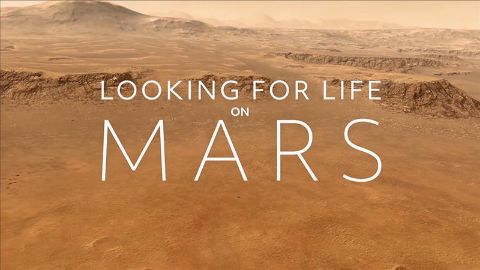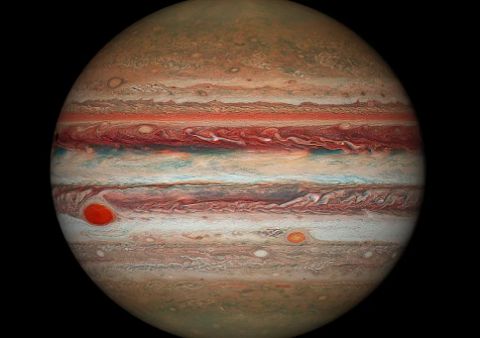Voyage to Mars: The Longest Goodbye • 2023
Nasa intends to send astronauts to Mars. To succeed, crew members will have to overcome unprecedented, life-threatening challenges, and while many of these hazards are physical, the most elusive are psychological. Throughout the expected three-year absence, crew members won't be able to communicate with Earth in real time due to the immense distance. The psychological impact of this level of disconnectedness and isolation - both from mission control and loved ones - is impossible to predict and endangers the mission itself. Directed to mitigate this threat is Dr Al Holland, a Nasa psychologist whose job is to keep astronauts mentally stable in space. The Longest Goodbye follows Holland, rookie astronauts Kayla Barron and Matthias Maurer and former astronaut Cady Coleman, among others, as they grapple with the tension between their dream of reaching new frontiers and the basic human need to stay connected to home.
Make a donation
Buy a brother a hot coffee? Or a cold beer?
Hope you're finding these documentaries fascinating and eye-opening. It's just me, working hard behind the scenes to bring you this enriching content.
Running and maintaining a website like this takes time and resources. That's why I'm reaching out to you. If you appreciate what I do and would like to support my efforts, would you consider "buying me a coffee"?
Donation addresses
BTC: bc1q8ldskxh4x9qnddhcrgcun8rtvddeldm2a07r2v
ETH: 0x5CCAAA1afc5c5D814129d99277dDb5A979672116
With your donation through , you can show your appreciation and help me keep this project going. Every contribution, no matter how small, makes a significant impact. It goes directly towards covering server costs.





